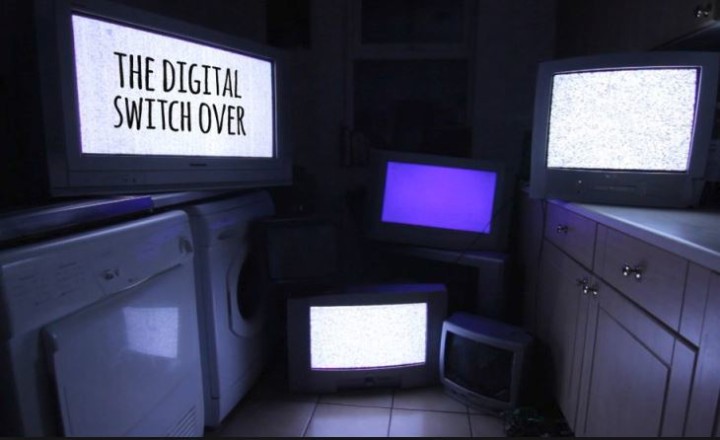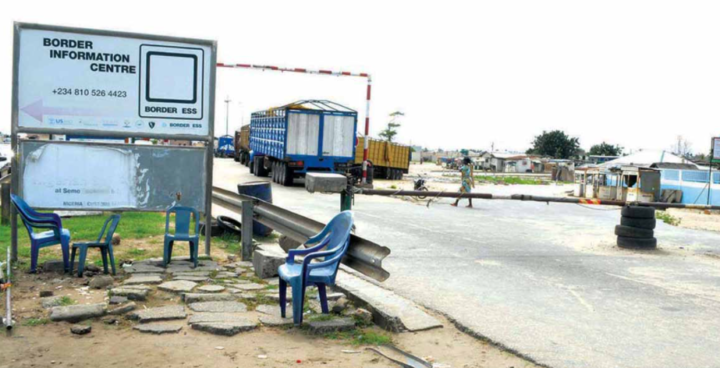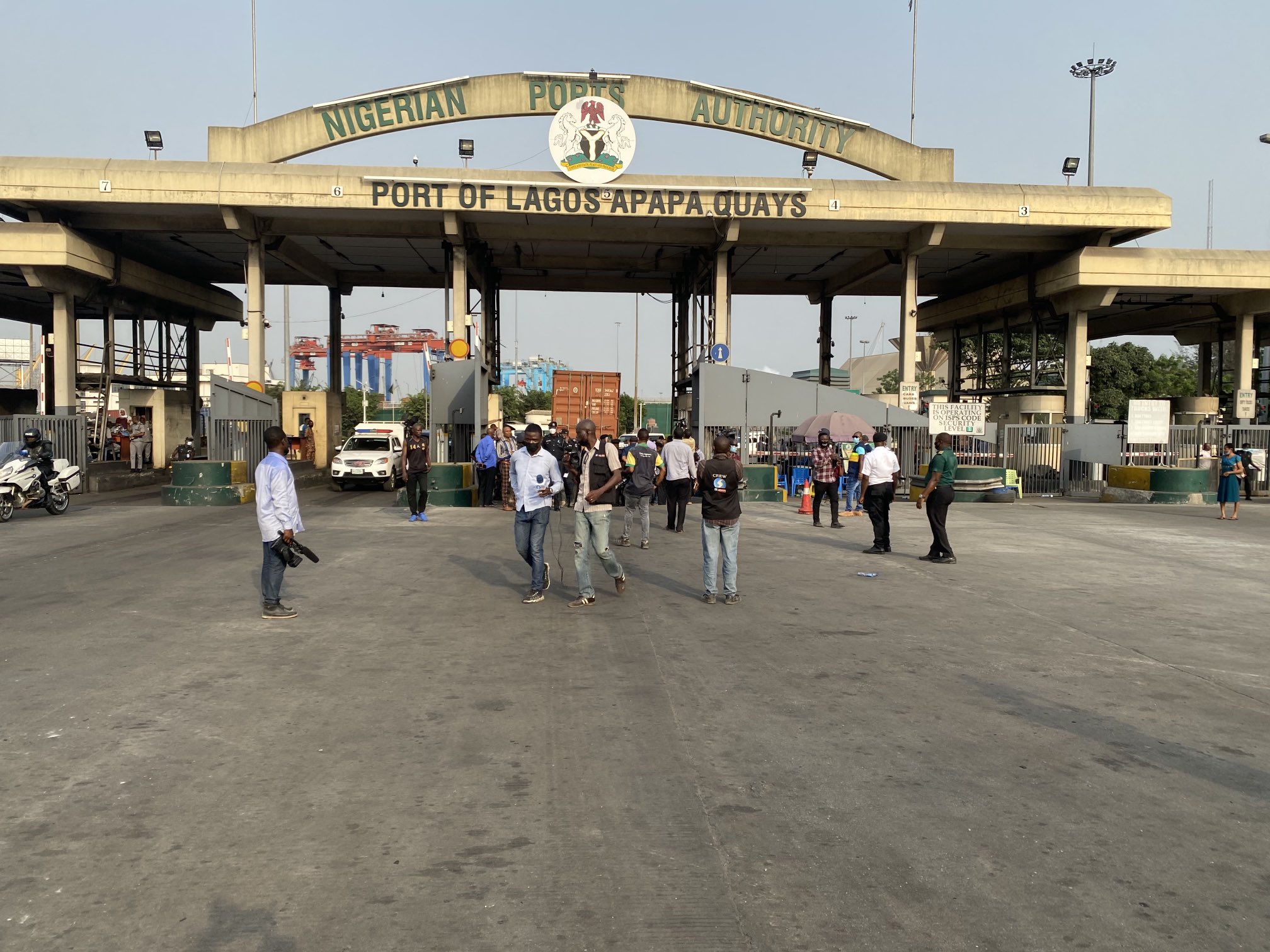Making a dog’s breakfast of Nigeria’s digital switchover
BY TORISHEJU ARAYI
Anybody interested in Nigeria’s plan to transit from analogue to digital broadcasting knows that it has floundered rather than flourished since 2008 when the Federal Government set up a Presidential Advisory Committee (PAC) on the transition from the analogue broadcast platform to the digital platform. This was sequel to the country, along with over 100 others, signing the 2006 International Telecommunications Union (ITU) agreement prescribing a transition from analogue to digital broadcasting for signatories by June 2015.
In 2009, the PAC submitted its report, giving 17 June 2009 as the deadline for completion. Thus, began Nigeria’s march, if it could be called that, to digital transition.
The 2009 deadline went unmet, forcing a postponement. The recommendations of the PAC grew mold in some office cabinets. Three years later, the government woke up to inaugurate DigiTeam Nigeria which, on paper, was to drive the implementation of the DSO Whitepaper.
Advertisement
In league with the National Broadcasting Commission (NBC), the DigiTeam picked 17 June 2015 as the deadline.
As the digital transition is done on paper, the implementation stalled again, a state of affairs attributed to the absence of political will as well as lack of funding necessary to provide the required infrastructure.
The natural outcome was that no significant progress was made, compelling a shift of the deadline to 17 June 2017. It was still not time to party, as the government’s interest in digital transition remained tepid. While Nigeria faffed around-as still does- many countries in Africa, including far less endowed ones, streaked ahead in the digital migration journey and actually breasted the tape by 2018. Among these are Cote d’Ivoire, Gambia, Guinea-Bissau, Kenya Rwanda, Sudan, Swaziland, Tanzania and Uganda, which completed the processes three years ago. There is widespread concern that by the time other countries of the world are transiting to the more up-to-date Over the Top (OTT) platform, a streaming service that delivers content over the internet, Nigeria will still be at the phase of DTT coverage.
Advertisement
After 2018, the National Broadcasting Commission (NBC) announced plans to kick off the analogue switch-off in six cities, starting from Abuja from 2020, with the process expected to take 25 months. Hopes were raised.
But things quickly got worse, following the suspension of an NBC Director-General over a N2.5billion corruption scandal last year.
Since then, nothing meaningful, apart from the prosecution of the DG by the Independent Corrupt Offences Commission (ICPC), was heard about the transition process until 23 February.
That day, Alhaji Lai Mohammed, Minister of Information and Culture, addressed a press conference where he outlined the government’s plan for the digital switchover. A major highlight of the press conference was the unveiling of a 13-member Ministerial Task Force to midwife the process. Mohammed announced himself as chairman and Joe Mutah, a staff of his ministry, as secretary. Other members include Professor Armstrong Idachaba, acting NBC Director-General; Olusegun Yakubu of Pinnacle Communications and Inview’s Toyin Zubair, more famous for his failed pay television platform, HiTV.
Advertisement
The press conference saw Mohammed in bullish form. He, most likely, had his audience swooning. After announcing the Federal Executive Council’s (FEC) approval of outstanding payments to major DSO stakeholders, money for which is believed to have been sourced from the N34 billion paid by MTN for broadcast frequency, Mohammed said all hindrances to the DSO over the last three years will become history.
“We have no more excuses for not rapidly rolling out the DSO across the country, hence my decision to set up a 13-member Ministerial Task Force, which I will personally chair, to take charge of the rollout,” he said.
He also stated that the government decided last August to have the DSO driven by the private sector because of the impact of the Coronavirus pandemic on government finances. This implies that the initial plan to subsidize Set-Top-Boxes (STBs) or signal carriage has been jettisoned.
Next up was a salad of promises of how much of a paradise the completion of the DSO will bring. Mohammed’s nirvanic expectations were classic pillow talk. On completion, he said, the DSO will create over one million jobs in three years. Fifty thousand of these will be spawned by domestic production of an estimated 24 million STBs and Smart TVs for local and sub-regional consumption.
Advertisement
He continued fizzing with an optimistic waffle, saying television production will bring 200,000 because digitization will result in the establishment of “180 state channels, 30 regional channels and at least 10 national channels”.
Those channels he dreamt up will need local content and as such, there will be a surge in the number of Nigerians interested in television production, which he expects to bring 400,000 jobs. This development, he reckons will make the local movie industry adopt the Video-On-Demand model on STBs and online, making distribution cheaper and boosting producers’ profit margins.
Advertisement
The more he spoke, the tighter the grip of hyperbole on him. The leap in production output, he further claimed, will result in extra 200,000 jobs, which will be made possible through demand for local content from overseas that will fetch the country over $100 million.
“I have no doubt in my mind that a successful DSO is not just a job spinner, creating over one million jobs in three years, but also a money spinner,” said Mohammed.
Advertisement
Well, we have our doubts and they are on a mile-long list of fallacies, fantasies, spellbinding incompetence and corruption that have blighted the DSO, especially since 2015.
To be fair to the minister, funding has been a hindrance and I am happy that FEC has greenlighted the payment to key DSO stakeholders. Having access to funding and judicious use of it are not the same. The latter, I am convinced, is 10-feet odd against the DSO dream. A similarly high odd is the poor strategy adopted. This was plainly evident three years ago during the roll-out in Osogbo where there was no Digital Terrestrial Television (DTT) coverage, a shame also on show in the pilot states of Plateau, Enugu, Kwara, and Kaduna states as well as the Federal Capital Territory where Free Tv signal coverage was found only in state capitals.
Advertisement
One does not require deep DSO knowledge to know that residents of communities outside state capitals did not benefit from the skimpy coverage available, an indication that signal carriers picked for the DSO were incapable, financially and technically, to deliver the first component of the DSO- DTT coverage.
The minister, obviously, has been listening to only the voices in his head. Had he not, he would have realized that the STBs chosen for our DSO are not the standard ones, which are cheaper, but the type with in-built conditional access. Basic standard STBs for DSO are made to receive free-to-air signal and are affordable. Unlike them, those with conditional access are similar to those used in pay television operations and are, unsurprisingly, far more expensive. Those used during the pilot phase were imported via a Federal Government largesse of N5 billion in form of guarantees to those described as STB manufacturers.
That will not bother the Toyin Subair-owned Inview, provider of the TV system/ conditional access, which got paid N1billion for running the system in just two cities-Abuja and Jos. Inview and other firms described as key DSO stakeholders are also said to have filed papers for additional payments.
With the government’s decision to abolish subsidy on STBs, Nigerians already pulverized by the current economic conditions, are sure to endure more pain when buying STBs, which cost between N20,000 and N30,000 before the naira’s latest slide.
The minister’s claim that Nigeria will be self-sufficient in STB production in three years is one that evidence declines to support. Those knowledgeable in these matters say the country has only three companies claiming to have the capacity to assemble STBs and not one of them is currently doing so. Just how they will make the jump from producing nothing to meeting the demand of 24million users can only be explained by the minister, who has treated the DSO like a personal project since his appointment.
A major issue with the DSO, as with most things Nigerian, is the penchant of government officials to see funding for the process as an opportunity to make sweetheart contract deals and fund them to the hilt. The suspension of the NBC Director-General for alleged involvement in the illegal payment of N2.5billion to a private firm, whose staff is also a member of the ministerial task force on DSO, is a case in point.
The suspended NBC boss, currently being prosecuted by the ICPC, is alleged to have misled the Information Minister to approve the payment to Pinnacle Communications Limited, a private signal distribution operator, as “seed grant” contrary to DSO guidelines directing that only government-affiliated firms are eligible for such.
The assumption that Nollywood will be better served through a cheaper distribution structure is a similarly legless one. With already widened access to smart devices, local creative content is being accessed online for fun. Just what better distribution is in the offing is unclear.
The stage for massive failure is being set. The country is left behind already, if not eternally, as we have “big for nothing” boldly written over us instead of the giant of Africa we claim to be
Torisheju Arayi writes from Lagos
Add a comment






